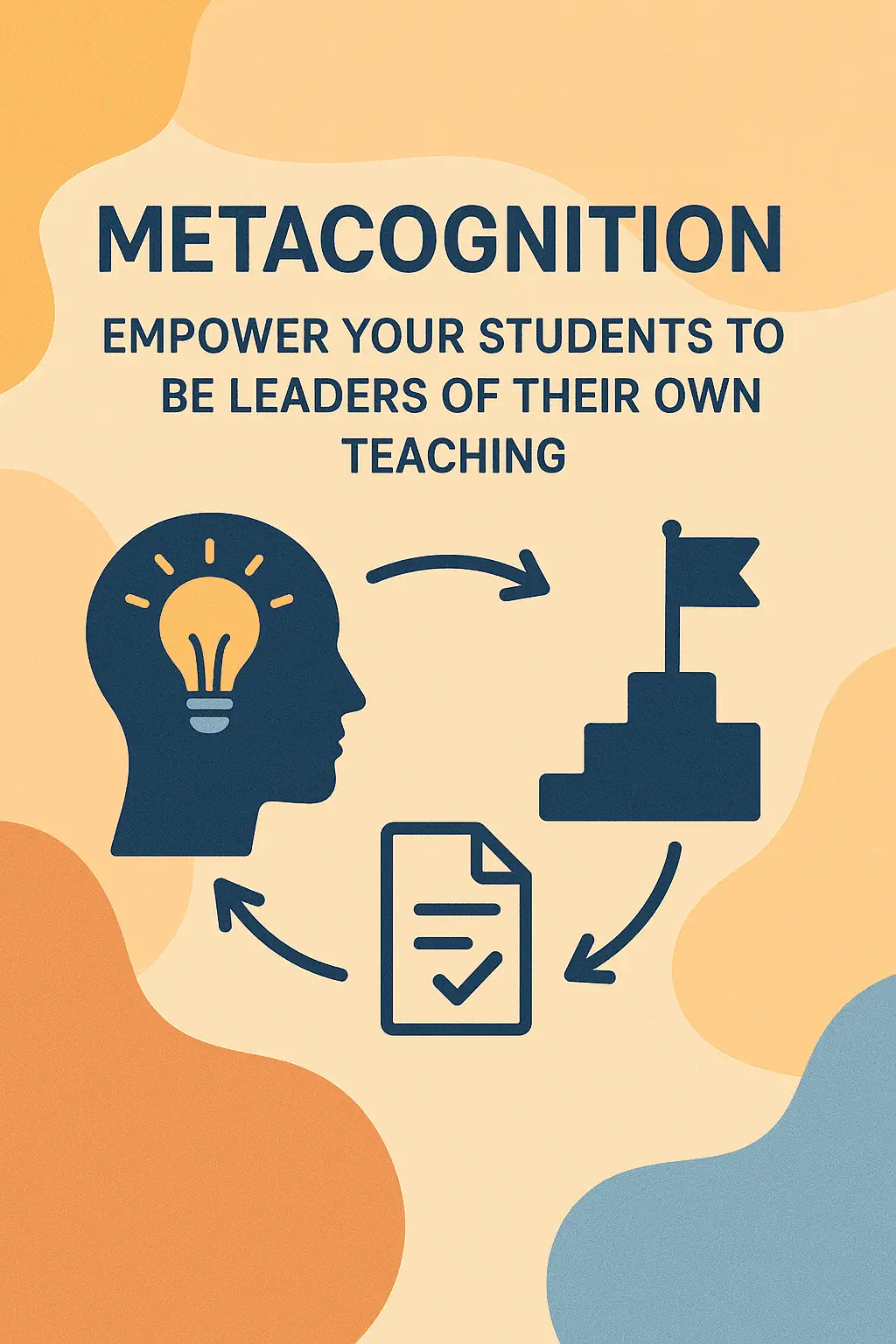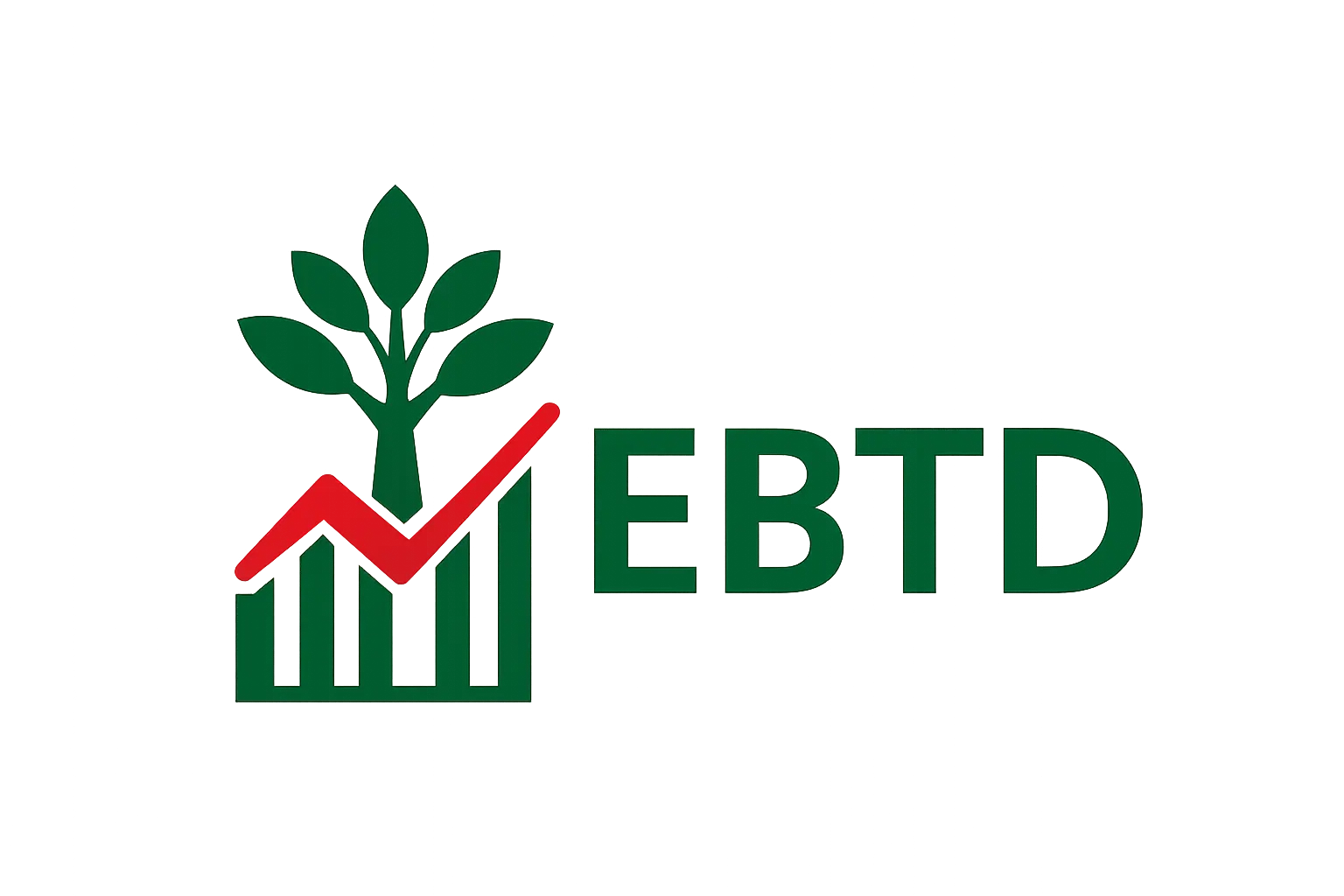
Metacognition & Self-Regulated Learning: Empowering Independent Learners
Help pupils plan, monitor and evaluate their learning — practical, evidence-informed strategies for Bangladeshi classrooms.
Help your pupils learn how to learn. This course translates the strongest international research on metacognition into simple, practical routines that help pupils plan, monitor and evaluate their own learning — every day, in every subject, even in large and high-pressure Bangladeshi classrooms. Drawing on the Education Endowment Foundation’s seven recommendations, you’ll learn how explicitly teaching thinking strategies can add substantial progress within a year and build genuine independence.
What to expect
One-day workshop
Explore the science of metacognition through interactive activities and real classroom examples from Bangladesh. Practise think-aloud modelling, simple planning routines and self-evaluation tools that show pupils how to take charge of their learning, not just wait for the teacher to confirm the answer.
20-hours online learning
Develop lesson plans that integrate metacognitive strategies across subjects. Learn how to nurture metacognitive talk, set appropriate challenge, and monitor pupils’ growth as self-regulated learners, with practical ideas you can use in large, exam-focused classes.
Core strategies you will master
- Plan–Monitor–Evaluate cycles that pupils can use to approach any task more thoughtfully.
- Think-aloud modelling so pupils see the process behind expert problem-solving, not just the final answer.
- Metacognitive talk routines that prompt pupils to describe their strategies, difficulties and next steps.
- Scaffold → fade independence using sentence stems, checklists and self-evaluation frames that gradually reduce dependency.
How you will learn — the EBTD Deliberate Practice Model
All EBTD courses use our Deliberate Practice Model — a five-step cycle designed to help teachers successfully change habits in real Bangladeshi classrooms:
DEFINE → MODEL → PRACTISE → REFINE → REFLECT
- DEFINE: choose one small, specific change such as adding a Plan–Monitor–Evaluate prompt to the start of a task.
- MODEL: see clear examples of metacognitive teaching through live demonstrations and short video clips.
- PRACTISE: rehearse think-alouds, prompts and routines in short, low-stakes drills with peers.
- REFINE: receive tiny, precise feedback from facilitators or peers and immediately try again.
- REFLECT: plan how you will use the strategy in your next lessons and note what changed for you and your pupils.
The focus is entirely on what you can control tomorrow in your classroom — no leadership directives, no whole-school demands, just practical improvement in your own teaching.
Key questions
- Do your pupils know how to plan, monitor and reflect on their learning, or do they wait for you to do it for them?
- How often do you model your thinking so pupils see the process, not just the answer?
- Which pupils struggle most with self-regulation — and why might that be?
- How could simple metacognitive routines raise attainment across subjects and year groups?
- What would it look like for your class to become more independent and confident in tackling challenging work?
How this course will change practice
You’ll leave confident to teach metacognitive strategies explicitly and embed them in everyday lessons. You will know how to:
- build simple Plan–Monitor–Evaluate routines into tasks and homework;
- use think-aloud modelling to make expert thinking visible and accessible;
- prompt pupils to talk about their strategies and next steps, not just their answers;
- scaffold independence carefully and then fade support so pupils take more responsibility over time.
Pupils become more independent and resilient, learning to plan, monitor and evaluate their work. Evidence shows that metacognition delivers significant gains, so these small shifts in your teaching can translate into higher attainment and greater engagement, even in large, exam-focused classes.
Preparation reading before the course
To get the most from this module, we recommend reading our think-piece blog: Thinking About Thinking: Why Metacognition Matters for Every Classroom.
Thinking About Thinking: Why Metacognition Matters for Every Classroom
The blog reviews the EEF evidence showing that explicitly teaching metacognitive strategies can add months of additional progress. It also explains why some pupils struggle — not from lack of ability, but because they have not yet learned how to plan, monitor and reflect on their learning.
Reflection prompts
- Where in your subject do pupils already show good self-awareness?
- Do your routines encourage learners to pause and check their work, or do they mainly wait for you to confirm it?
- Which pupils are least confident in monitoring their own progress — and why might that be?
- How often do you model your thinking so pupils see the process, not just the answer?
Continue your development
- Teacher Training in Bangladesh (BD)
- Integrated Teacher Development Award
- Tutor Training Programme
- Research Hub – Free Teacher Resources
Learn how this module fits within EBTD’s teacher training in Bangladesh (BD).
If you found this useful, join the EBTD newsletter for monthly, research-backed tips, free classroom tools, and updates on our training in Bangladesh—no spam, just what helps. Sign up to the newsletter and please share this blog with colleagues or on your social channels so more teachers can benefit. Together we can improve outcomes and change lives.
